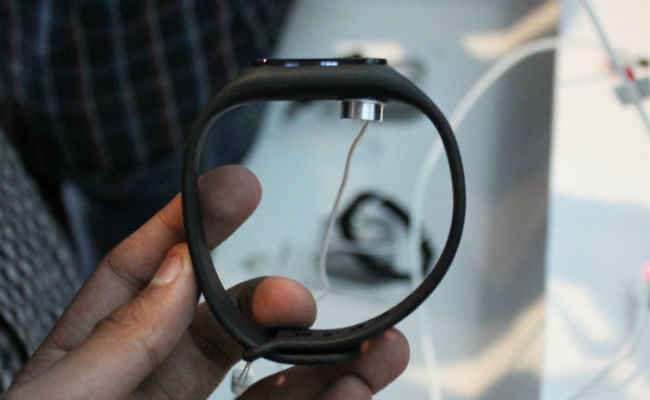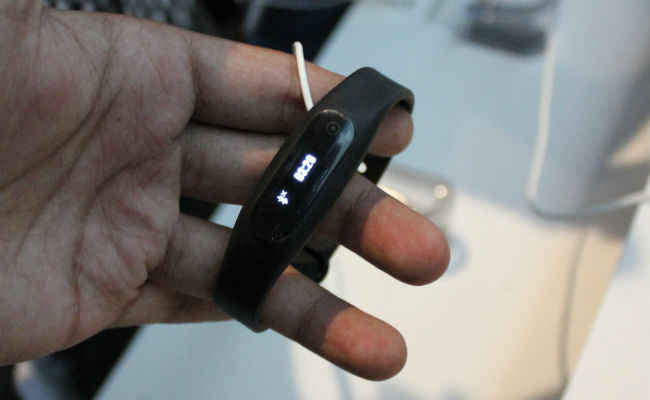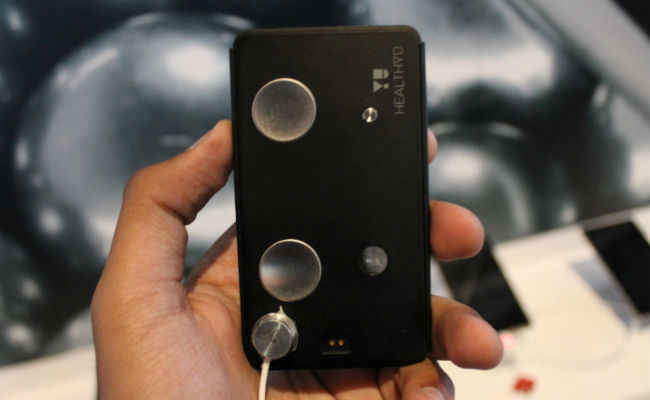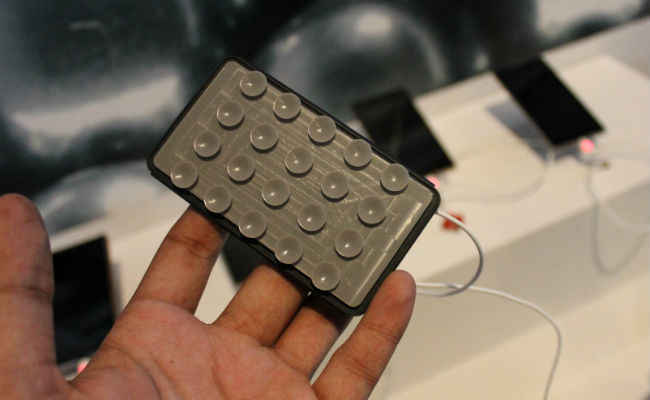Yu Fit, HealthYu: First Impressions
Micromax-owned Yu Televentures launched two fitness gadgets yesterday. Here are our first impressions of the Yu Fit and HealthYu.
Homegrown smartphone maker Xiaomi has just launched the Yu Fit smartband in the market. Oh wait, no, that’s Micromax-owned Yu Televentures. The company, which came to life just a few months ago, has been taking it to the competition and seems hell bent on outdoing them at every step. (Read More: Yu Fit launched at Rs. 999)
 Survey
SurveyLooking at the products Yu has launched till now, the company’s strategy is very clear — take what Xiaomi, OnePlus etc. are making and add value to it. It’s a smart strategy, even if not the most original. And the story Yu is telling us now is one that concerns smartbands and health accessories. The company launched two such products alongside the Yu Yuphoria smartphone (Read More: Yu Yuphoria: First Impressions, First Look) yesterday.
All the hoopla around fitness bands has been catching up to the Indian market for some time now. Chinese manufacturer Xiaomi recently provided what could be just the push India needs, with its Mi Band. The Yu Fit though, has the potential to turn the market head over heels. In my Mi Band review, I wrote how it’s the perfect device if all you want to do is try out a fitness band. The Yu Fit band takes that and adds more functionality to it.
Most importantly, it has a display, something that reviewers all over the world have missed in gadgets like the Sony Smartband (Read More: Sony Smartband review) and Mi Band (Read More: Xiaomi Mi Band Review). With the former, it was a negative, while the Mi Band justified the lack of a display through its Rs. 999 pricing. The Yu Fit on the other hand covers that aspect by adding an OLED display to its fitness band. This means you can get some of the data you need without looking at your phone, while also using the band as a watch.
You'd think that's enough to beat the Mi Band in popularity, but Yu used its Indian roots to add what could be the coup de grâce. The company acquired a stake in Indian health app venture Healthify Me, adding a database of Indian food products to its arsenal, along with personal trainers and health advice. So, the Yu Fit won’t just track your steps like the Mi Band, but also analyse the food you eat and determine calorie intake. The output data for how many calories you’ve burned is useful only when you know the intake. The functionality of the Yu Fit sees a manifold increase by this simple addition. In fact, it’s something even well known health accessories like Jawbone, Fitbit, Goqii etc. lack.
It all looks pretty hunky dory, until you actually see the smartband. Whatever Xiaomi’s results may be, the company has been consistent with the craftsmanship of its devices. In fact, a big reason for Xiaomi’s successful launches is the craftsmanship that goes into their products. The Mi Band may cost Rs. 999, but it doesn’t, for once, look like a cheap accessory sticking to your hand. The Yu Fit, sadly does.
It seems like a product that was rushed, Yu took HealthifyMe’s RIST smartband and smacked a display on it. The entire design doesn’t look seamless. The glass bulges out from the band and the entire display feels like it has been glued onto the rest of the rubber band. It’s not the most premium feel, even considering the price tag. It’s no secret that in a wearable, the design matters as much as the functionality, if not more.
Of course, on first impressions, the pros outweigh the cons. The Yu Fit’s value is not going to be determined by its price or specifications. Instead, this is a product that you can’t buy till you’ve read reviews from those who’ve used it. If the data part works, the Yu Fit will be a very good smartband to buy, easily better than the Mi Band. If it doesn’t, it’s just another Mi Band, but with a display.
HealthYu Front: From the front, it looks a lot like an audio cassette.
The same goes for the company’s HealthYu accessories. It’s a cassette-like device, which you can stick to the back of your phone. The device then measures your body vitals, like heart rate, respiration rate, skin temperature, blood oxygen saturation, blood pressure and ECG. On paper, it seems like a good device, one that would make sense to the health conscious public out there. There’s a big question of whether your doctor will approve of such a device, but in my humble opinion, that really won’t matter as much as its accuracy. A quick web search can show you what the readings mean and whether you need to go to the doctor. The doctor doesn’t actually need to use it.
There’s definitely a functionality there, but at Rs. 4,999, I don’t see many people buying it. It seems like a big jump from a fitness band to the HealthYu device.
HealthYu Back: It has suction cups at the back, which help it stick to your phone when needed.
What Yu must be commended for in this whole story is that it took the step to build fitness accessories. Sure, it’s probably just to take on Xiaomi, but an Indian company, which can potentially be met with much skepticism, still did it. It used its Indian roots to deliver a product that is tailored to India. The Yu Fit has the right price tag, and the HealthYu, even though it’s expensive, could make sense to some.



